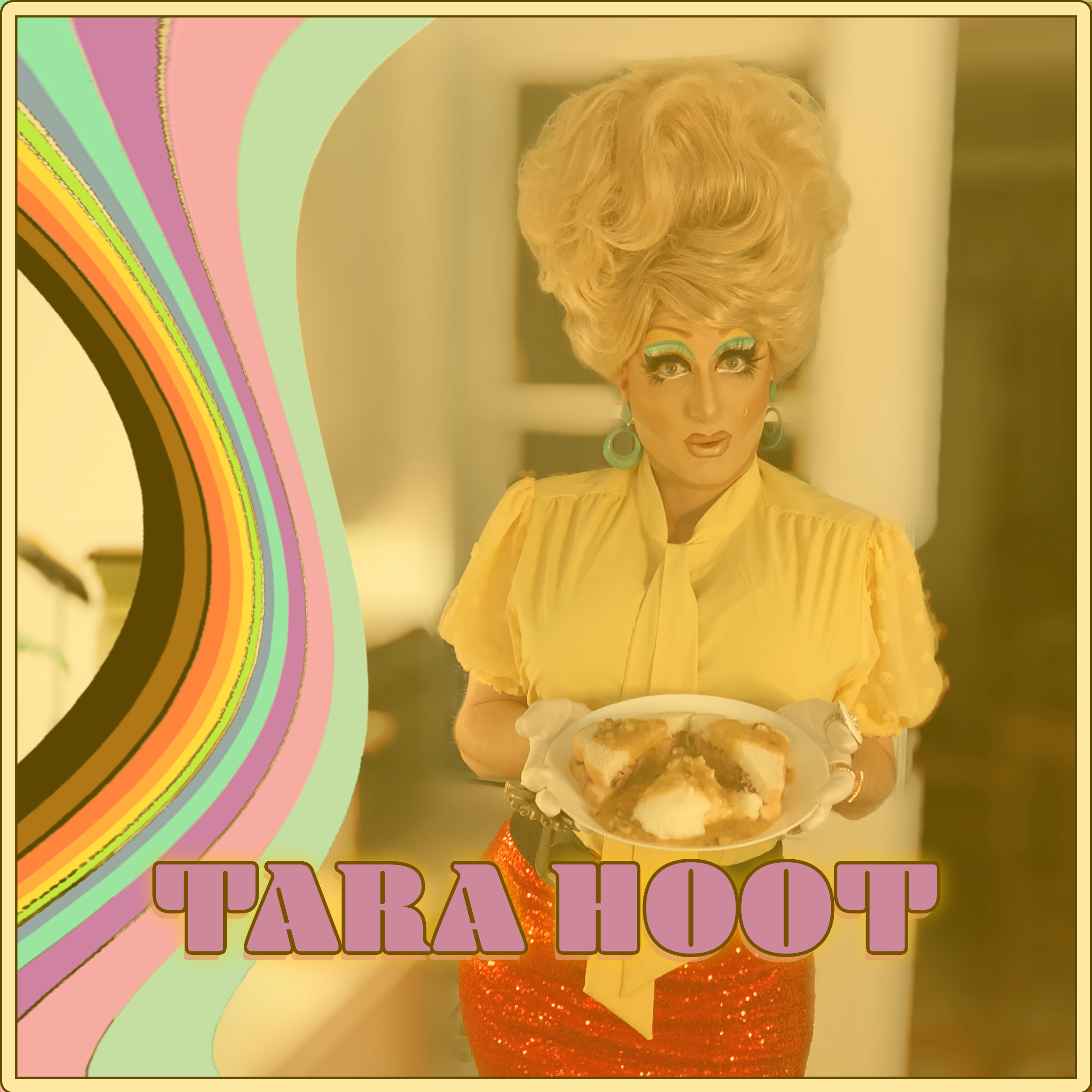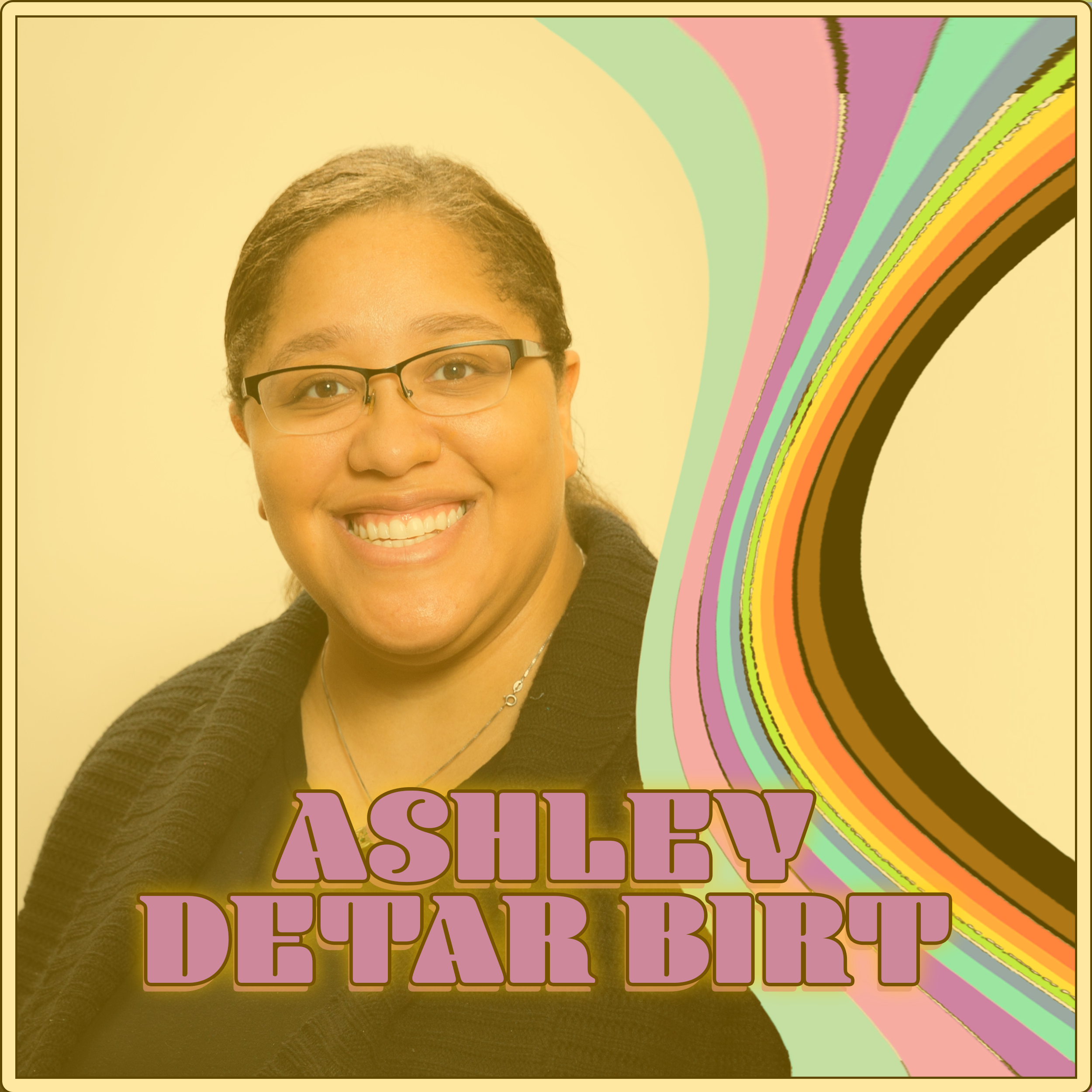“The body of Christ, broken for you, Adrian.”
My breath caught in my throat as I took the piece of bread and shuffled to the person holding the cup. Suddenly, the name I had been turning over and over in my mind for a year felt like it was truly mine as Rev. Jessie Light-Wells invited me to celebrate communion.
In that same worship service, Jessie helped lead a name change liturgy and commissioning for my journey to seminary. I wept as dozens of friends and beloved congregants laid their hands on me to affirm my name and my call. This sacred moment changed my life, and all the more so because it took place at the church where I grew up, Preston Hollow Presbyterian Church in Dallas, TX.
However, something about the simplicity of receiving a sacrament as Adrian, amid the family of faith that had celebrated my baptism under my given name when I was six, really brought it home. They had promised to guide and nurture me, and here they were, insisting that I belonged there, before the table that belongs to God and all people. In line behind me, my spouse and some of my closest friends crowded in. My family of origin couldn’t be there, but my church family and my chosen family surrounded me on all sides. I love that we call the act of offering the sacraments a celebration. These acts — baptism and communion — are acts of ultimate belonging, community commitment, and holy presence in our lives. I can’t think of anything more worthy of celebrating than that, and I had never felt it as clearly as I did the day I first received communion as Adrian.
In high school, I was ordained as the youth deacon. I was very excited to serve my church in this new way, but I was most excited about being able to serve communion along with the other deacons and elders. I did this at every opportunity, holding the cup at youth conferences and participating as a volunteer for the church’s quarterly outreach communion. It was 2008, just three years before amendment 10A took effect and allowed people in “same-gender relationships” to be ordained into the ministry of the PC(USA). I had never heard a message of exclusion or hellfire from my church’s pulpit, but neither had I ever heard that LGBTQIA+ people were welcome and beloved. The broader cultural messages of Christian homophobia filled in the silence. If I or anyone else had possessed any awareness of my sexuality, perhaps my ordination would have been seen as conflicting with the polity of the denomination. Looking back, I suspect my deep desire to serve the church contributed to the total repression of my feelings.
The type of exclusion that our denomination practiced for so long, the vestiges of which still haunt our churches and communities, is anathema to so much of what we say we believe. I am grateful for the ways we have grown and changed, and just as grateful to be part of the work to expand the inclusion and thriving of all people in the church and the world as a More Light Presbyterians board member. Since I had any awareness of what communion was about, I have appreciated the PC(USA)’s theology of an open table, where all who are seeking to reconcile with Christ and one another are welcomed to the feast. Before I knew I was bisexual and trans, I took that openness for granted. I don’t anymore, knowing how many Christian communities in the United States and the world would demand I repent of my created being before I could partake, and knowing how many of my siblings have left rejecting churches and been banished by close-minded families.
When my spouse and I planned our wedding — also at PHPC, before I changed my name — Wynn and I struggled with how to approach a service that would feel authentic to our understandings of theology and community, fit the requirements of the PC(USA) and the church’s wedding policy, and create a safe and welcoming space to our many queer friends and others who had been harmed by churches and excluded from the faith rituals of their upbringings. We wanted to celebrate our love and our families. It was the first non-heterosexual wedding ever held at the church, and I admit I felt some pressure to set a positive precedent! But most of all I wanted all our loved ones to feel like they belonged at our celebration.
I knew I wanted to include communion, but I was nervous. After all, communion is pretty…religious. We did our best to make it clear that all were welcome and no one was obligated. Our friend Zach played “For Everyone Born” — including the gay verse, of course. We fortunately didn’t get any complaints, but I did have friends tell me they felt able to take communion for the first time in years. The Holy Spirit can do wonders when we say “all are welcome” and mean it! What a gift to be able to offer a visible, tangible reminder of the creative love of God, the radical love of Jesus, and the eternal love of the Holy Spirit!
For most churches, it remains a growing edge to be abundantly clear what we mean when we say all are welcome to the table. In the theology of the open table, I see possibilities for us to continue to take seriously our commitments to all our neighbors, in ways we have not always done. I see hope for the ways we may live into the calling of unconditional solidarity with the poor and marginalized that Jesus has placed on our lives.
The past 15 months have exposed so many of the ways we (our communities, our churches, our society, our world) have failed to be truly welcoming and to celebrate every beloved child of God. As the pandemic raged, we witnessed the failures of capitalism laid bare as people lost their livelihoods and received paltry relief. As the murder of George Floyd by police ignited global protests for Black lives, many organizations began to reckon with the inadequacy of their diversity, equity, and inclusion initiatives. Many churches that had looked the other way at the racist practices and incidents in their congregations and communities took bold stands for the first time (of course, many also did the opposite). Some churches filled the gaps where other social services were failing.
Churches had to adapt in all kinds of ways, and one of the most delightful was figuring out how to celebrate the sacrament of communion. With my church in Nashville, Woodland Presbyterian, I celebrated communion over Zoom with a corn chip and tomato juice or with a piece of muffin and leftover coffee. I appreciate and honor the struggles that some denominations faced in determining if and how to offer the sacrament, but I was grateful that our theology and polity made it possible for us to do it this way. Amid so much disconnection, communion helped me feel connected to people who make up my family. It always felt just as sacred to me.
As we emerge from the pandemic, I hope we hold onto that flexibility and creativity. I hope we continue to recognize that just as $3,200 in stimulus payments couldn’t keep people’s rent paid, cheap diversity efforts will not mitigate the evils of racism, and cheap inclusion will not heal the harms that LGBTQIA+ have experienced at the hands of Christians. I hope that when we celebrate communion — when we remember the saving love of Jesus Christ — we will allow it to motivate us into consistent and even costly action so that all God’s children can thrive.

Adrian White is a writer, Texan, and third year M.Div student at Vanderbilt Divinity School. They grew up in the PC(USA) and feel called to the work of bringing to life the church’s growing commitments to the inclusion and thriving of all children of God! They are proud to serve on the board of More Light Presbyterians.
When not working and studying, Adrian enjoys playing board games with their spouse Wynn and taking long walks with their dog Bex.



Unbound Social